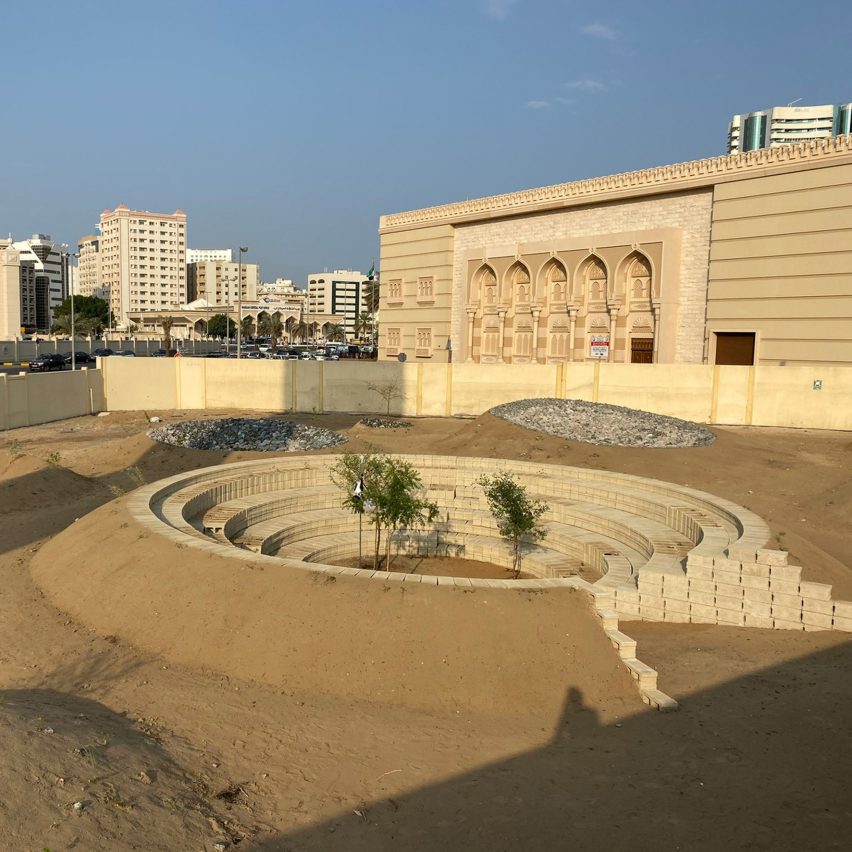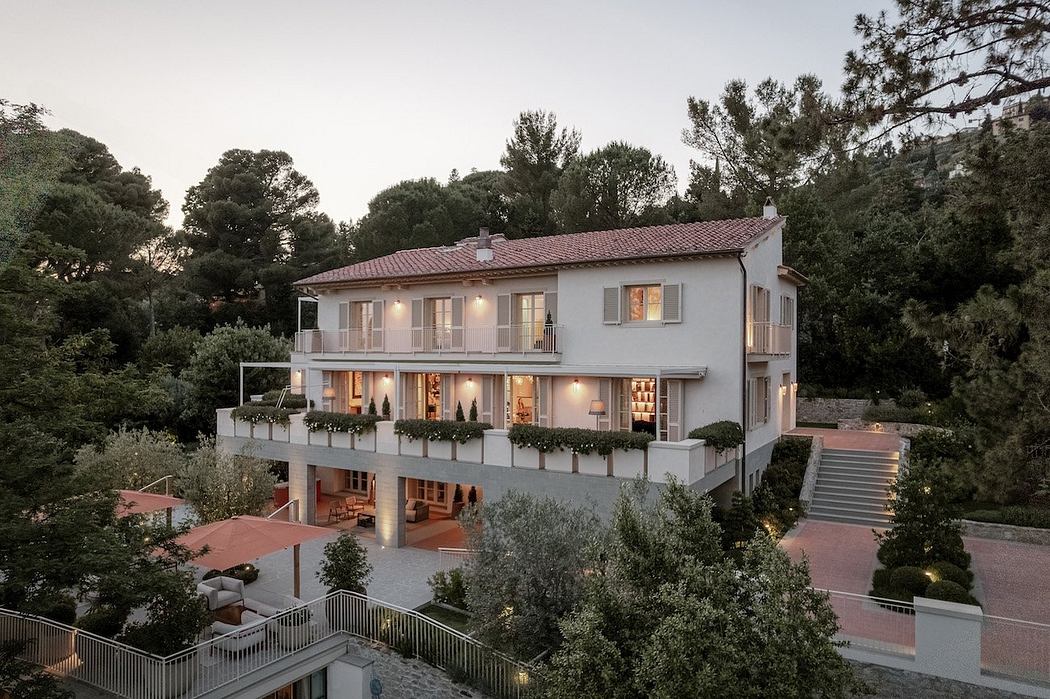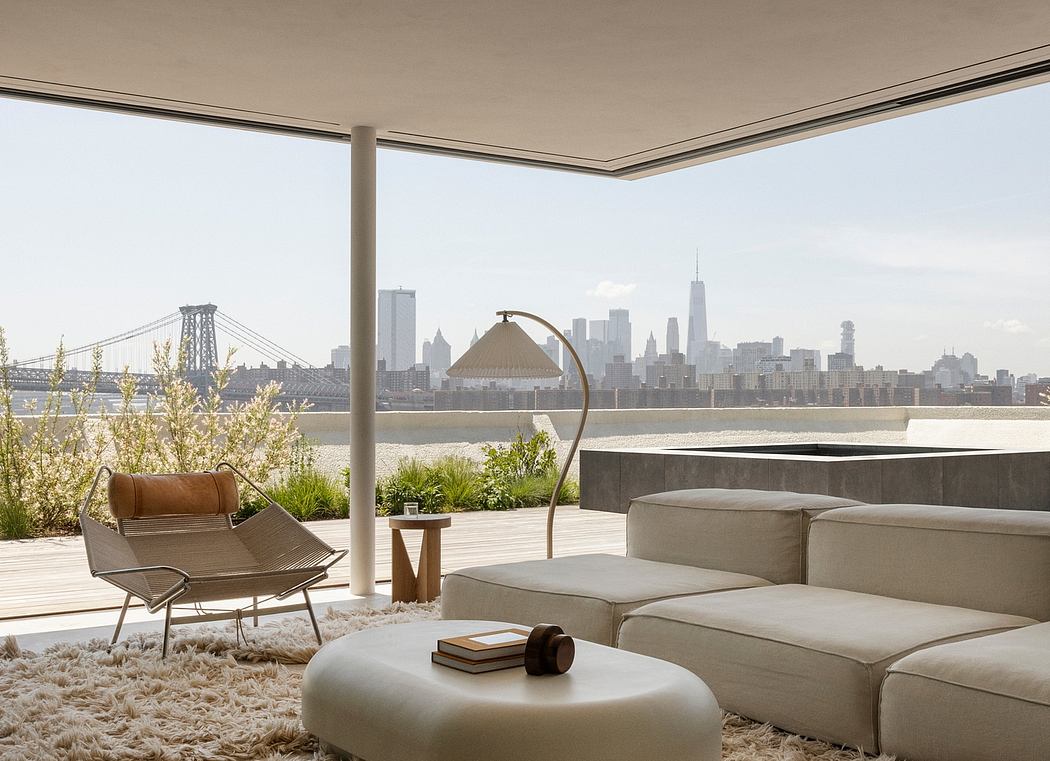Zero-water garden created in Sharjah to show how desert plants can thrive in cities

Architecture studio Cooking Sections and engineer AKT II have created an experimental landscape in Sharjah to demonstrate how desert plants could be used as an alternative to water-hungry greenery in arid cities.
Named Becoming Xerophile, the installation was built alongside the Al-Qasimiyah School as part of the Sharjah Architecture Triennial in the city of Sharjah.
Cooking Sections and AKT II created it to prove the concept of creating waterless, ornamental gardens in urban areas like the emirate of Sharjah and other Middle Eastern cities.
"The installation explores ways of appreciating desert landscapes," explained Cooking Sections co-founders Daniel Fernández Pascual and Alon Schwabe. "It shows how to incorporate desert plants in the urban environment." The installation consists of nine sand bowls of different shapes and sizes that were constructed using soil and rubble from the conversion of the school into the Sharjah Architecture Triennial's permanent headquarters.
Each of the bowls, which are planted with plants that can grow in very dry environments (called xerophile), are shaped so that they should not need to be watered.
"It consists of a new experimental landscape with nine microclimates to 'water without water' and to 'water with stones'," Fernández Pascual and Schwabe told Dezeen.
"It's a technique that societies have developed over time in many places in the world to live in arid climates or places with no or scarce ...
| -------------------------------- |
| Tavs Jorgensen develops cob bricks for low-carbon construction |
|
|
Villa M by Pierattelli Architetture Modernizes 1950s Florence Estate
31-10-2024 07:22 - (
Architecture )
Kent Avenue Penthouse Merges Industrial and Minimalist Styles
31-10-2024 07:22 - (
Architecture )






